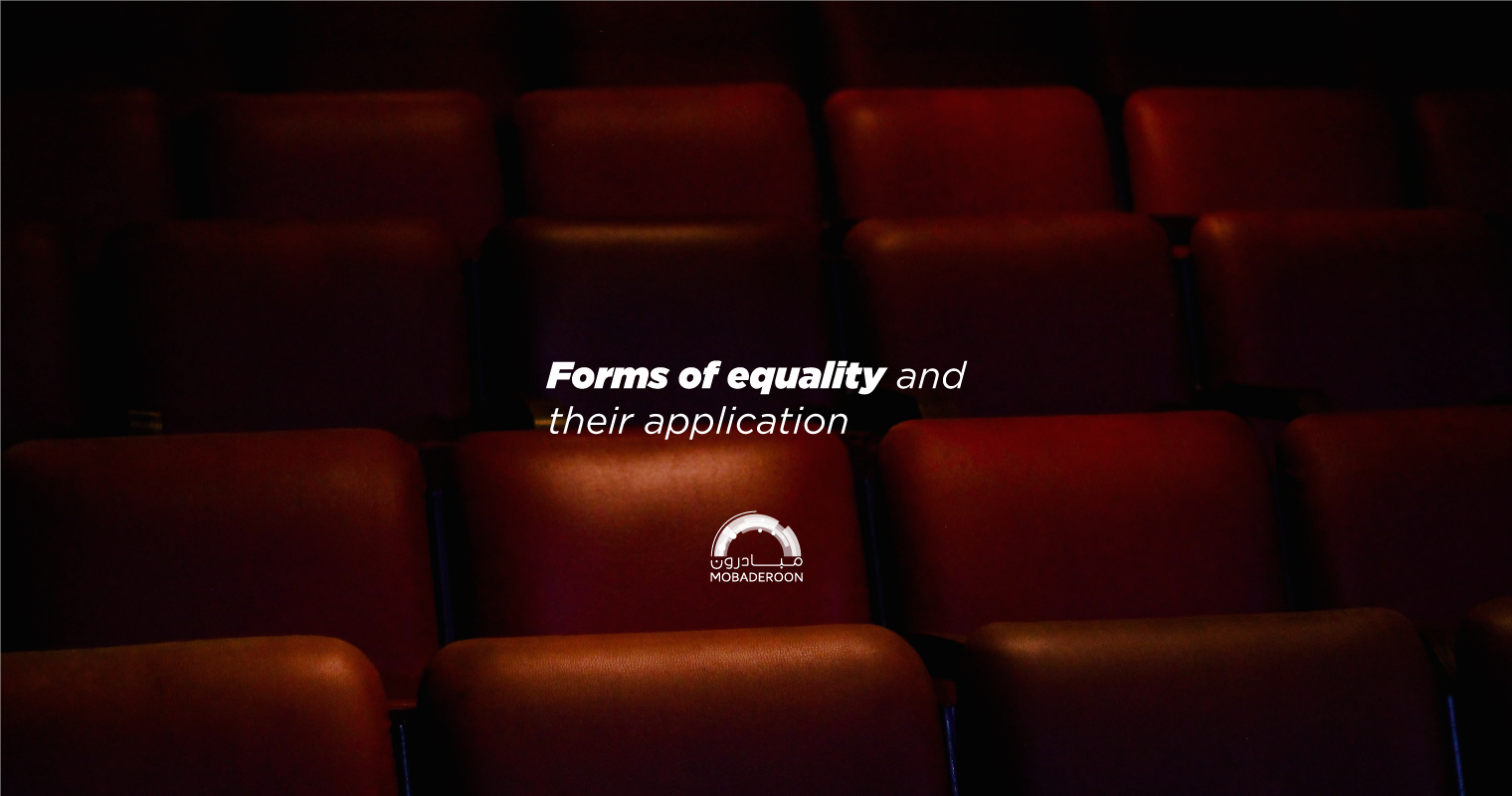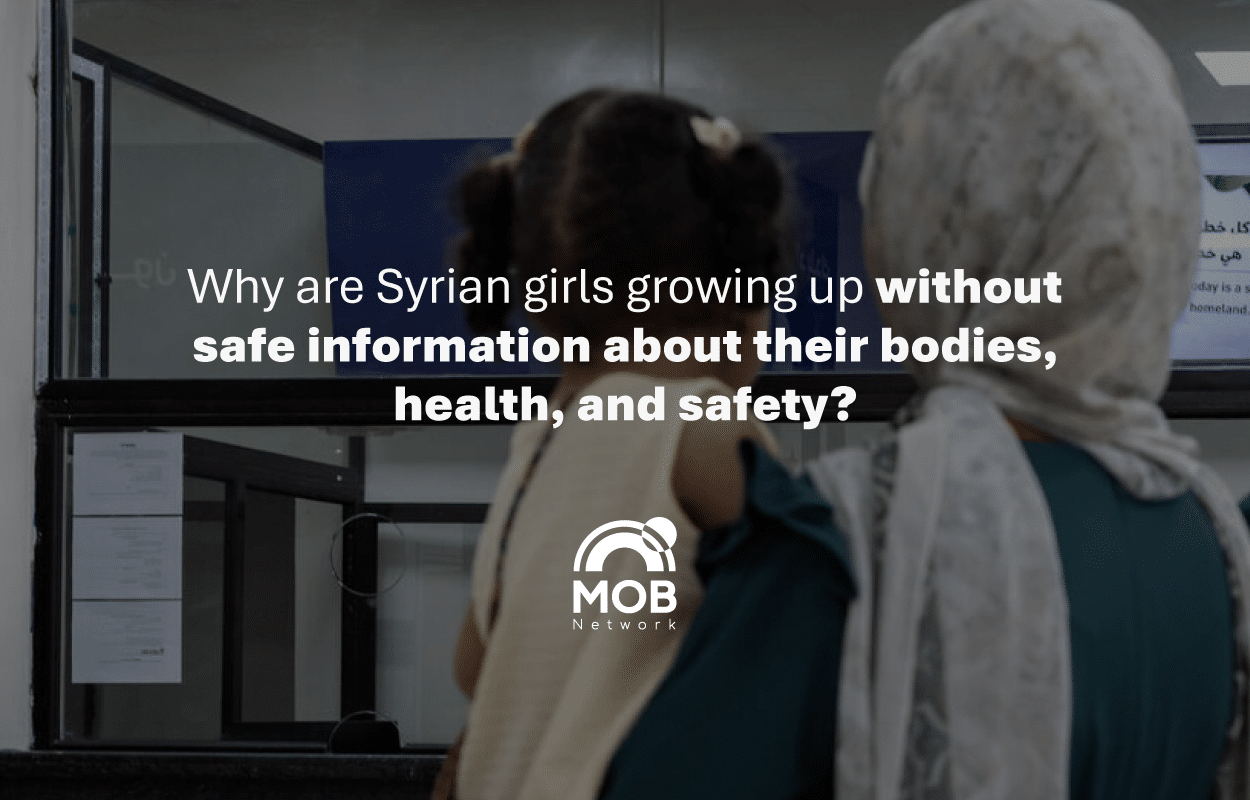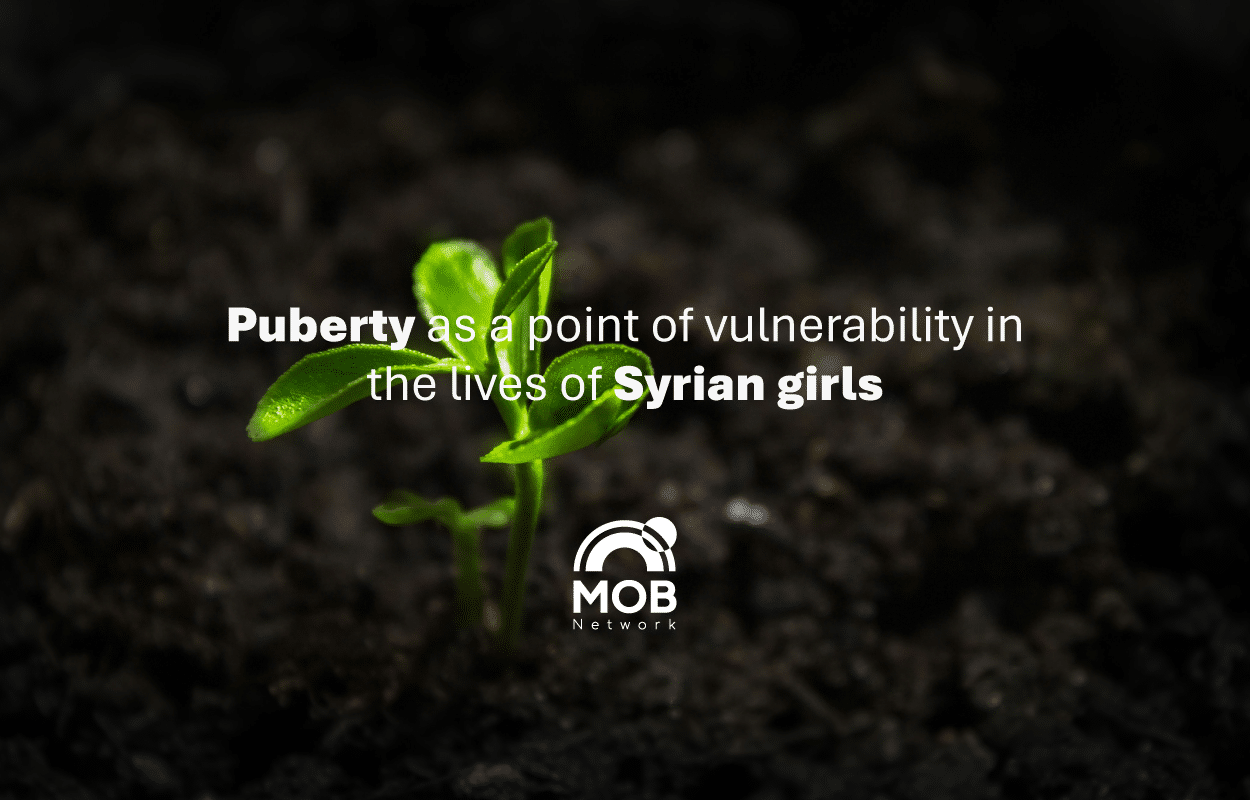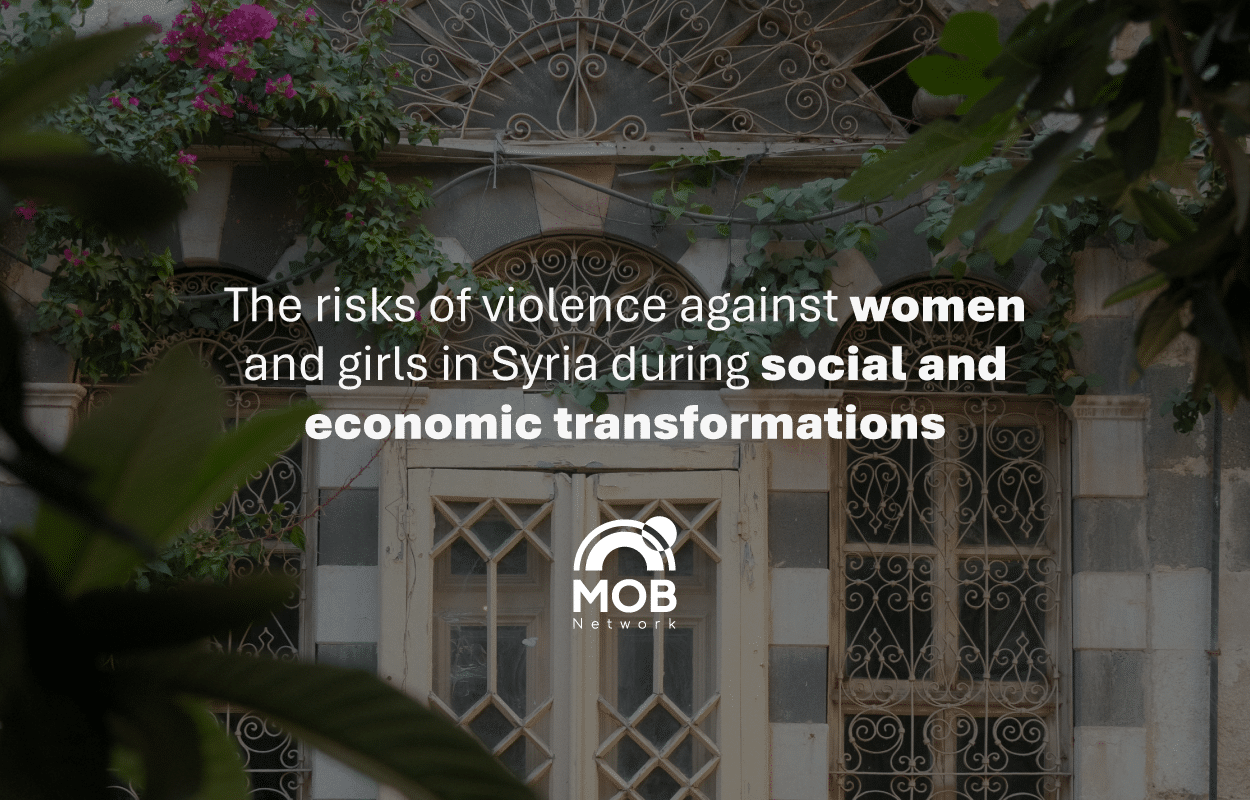I couldn’t control myself at that time, I felt that he was taking away part of my right and the right of others who were standing with me in that same line to receive the money transfer. Everyone remained silent and no one objected. I went to the responsible employee and asked him to act by asking the man to take his turn and to go back to the end of the line since he has no right to underestimate our time and waiting, what distinguishes him from us so that he does not stand in line? Is his time more valuable than ours? Does he have wings that allow him to jump above us and reach the front of the line so quickly? Is he a first-class citizen and we are less important second-class citizens?
All of us, in one way or another, were exposed to such situations in different contexts or ways, and felt upset and disturbed because of the discrimination we were subjected to, due to the lack of equality – which we deserve – between us and others.
What does Equality mean
“It means that all citizens, whatever their national origin, religion, sect, regional or political affiliation, or sex, should be treated with the same dignity, enjoy the same rights, and be subject to the same duties.”
Equality is an indivisible value, and we cannot sprinkle it as a flavor when we need to give our dish a civilized and civil dimension to bring confidence and polish an image, and then dismiss it with other dishes whenever we desired or whenever our interests are in line with discrimination or with one of our narrow affiliations.
We can define equality in its opposite as well, that is, discrimination represented by nepotism, and the taking of opportunities and privileges based on a certain affiliation, form, or social type, double standards, denial of access to resources, opportunities, information, and basic rights, the disparity in granting wages and privileges, and many other forms.
Forms of equality and their application

Forms of Equality
Issues of equality are not limited to an incident such as standing in line or exceeding it, but rather take different and multiple forms:
- Moral equality: arguably the most important form of equality, which means respecting the humanity, dignity, and freedom of all citizens.
- Legal equality: This means that all citizens are equal in the judiciary and before the judiciary. The law does not discriminate in its text, and neither an individual nor a group has any privilege over another.
- Social equality: Its aim is equality in terms of living conditions. There is no preference for one citizen over another, nor for one group over another.
- Political equality: This means equality between all individuals and groups in the right to political participation and representation, which at the same time has the same duties and obligations.
- Economic Equality: Its aim is equality for everyone to enjoy the same right to benefit and to contribute to the burdens according to capabilities (the principle of progressive taxation).
Equality Application
For the previous forms of equality to be achieved, there must be practical mechanisms in many areas, including equality before the law and in the law, as the legislator has no right to enact laws that contain in their text or application any form of discrimination, as the law proceeded from the principle of equality between individuals, Equality before the judiciary also, as all citizens have the right to litigate on an equal footing before one court without any discrimination on the basis of affiliation, race, creed or gender, and that equality before the judiciary requires the application of some basic principles, namely the unity of the judiciary, equality before legislation and penalties, and the gratuitous judiciary3.
And since we are speaking from a civic ground, equality also lies in the use of public property, whether from public utilities or funds, and equality in occupying public positions, which is based on the principle of equal opportunities, which transcends competition for public positions to equality in political representation, education, acquisition of knowledge, employment and benefit, acquisition of wealth and life in a way that preserves human dignity.
"If equality differs in its significance from justice, then it cannot be achieved, in essence, unless justice is its goal."
Women’s Issues and Equality
As people who live in the middle east, we cannot address the issue of equality without mentioning women’s issues, as one of the clearest examples of the almost complete absence of equality in our societies. The numbers are frightening, and the heritage is as well. One of the popular proverbs in our region says: “The grandson from the daughter came and gone, The grandson from the son came and stayed.” That is, the grandson of a male son passes through his grandfather’s house and remains, sharing ownership and belonging to the father’s family, and remains and lasts, as for the grandson of a female daughter, he passes like the wind unnoticed, so he does not remain, does not last, and does not share any ownership or affiliation with the mother’s family, as he is the son of a girl, not the son of a boy!. Abusing girls does not stop there, in fact, in the examples there is a call for exploitation as well, these examples calibrate the widow in the proverb “when a suiter came to the widow, she said he’s one-eyed with no use .” As if she had to accept any man as long as her husband died, given that “a woman whose husband died, is drowning in her woe and need”, and “A shadow of a man, is better than a shadow of a wall.” as it’s better for a woman to die before her husband, given that “whomever God fulfills her happiness, her husband will attend her funeral.”5
Another popular proverb also says, “daughters’ burden will follow you till death”6 while girls play the roles of leadership and pioneering in many places in our communities, and much more in other communities.
From my perspective, I believe that our burdens will follow us until death regardless of daughters. I do not know any community that went through huge conflicts and crises like ours and was able to overcome its challenges and set off for a carefree future without a major, pivotal and essential role for its daughters.
- The Arab women’s labor force participation rate is 18.4 percent, which is the lowest in the world compared to the global average of 48 percent. By contrast, men’s labor force participation rates (77 percent) exceed the global average (75 percent).
- The unemployment rate for women in Arab countries is 15.6 percent, which is three times the global average.
- Women’s presence in managerial positions is low in the region, with only 11 percent of them holding managerial positions, compared to the global average of 27.1 percent.
- Unpaid childcare work causes women to spend about five times more hours than men on unpaid care work.
What about women’s political representation or their access to positions of influence and leadership? Today, the percentage of women’s representation in the Syrian parliament is 11.02%. If we assume that half of society is men and the other half are women, then 39% of society is on the margins and has no representation, voice, or access!
The discrimination women are exposed to is for example but not limited to, and because it is a clear example like the sun in the clear sky, but it is only one example of one case of discrimination, which may stem from other grounds, such as affiliation, color, or shape, and the list goes on.
Civic Values and Equality
Equality is considered one of the citizenship fundamental principles, and one of the most important civic values, The importance of equality is associated with the value aspect of it, lies in its sustainability and the real ability to achieve it, since values are the actual carrier of our practices, laws, and procedures, and they are the most important part of the culture that we adopt in all situations and dealings with ourselves and with others. It is never enough for laws and mechanisms to apply equality among citizens despite their differences. Rather, equality must be a value and practiced as a general culture among citizens, a cornerstone and a rule from which we proceed to implement equality and make it part of our lives and systems. Any law or procedure that is not compatible with the values and culture adopted by citizens, its application and continuity is not guaranteed, which raises some questions for us that may be heavy… Do we really deal with others who differ from us in capabilities, orientations, and affiliations with equality? Do we view their rights as we view ours and the rights of those similar to us? Do we feel distressed and embarrassed by the discrimination those who are different from us face? Do we remember their rights when we claim ours? Do we refuse to be part of discrimination and favoritism when we are in the position of giving opportunities, making decisions, and distributing resources? Do we refuse to participate in collective discourses that devalue a culture, group, or gender?
Herein lies the importance of working on values and cultural aspects by civil society organizations and associations. Values are the main driver of everything we do, what we accept and what we reject, what we support and adopt, and what we seek to change and transform, Also, equality does not come as an abstract and isolated individual value, but rather forms part of a system of other civil values such as solidarity, tolerance, justice, freedom, honesty, and sincerity. The value of equality is not only for decision-makers and hiring managers. The value of equality is for all of us.
Some are speaking out and advocating for those who experience discrimination and for changing the policies and laws that cause it, and others are working to make education resources open and accessible to all, others work to stimulate the value aspect and reconsider our cultures and values and the extent to which each supports equality. The absence of equality reinforces the existence of the gap between members of society and helps to escalate negative feelings that threaten our ability to live together in peace. Equality is not talked about out of luxury, it is an urgent need and a basic value.
What are you doing regarding that?





